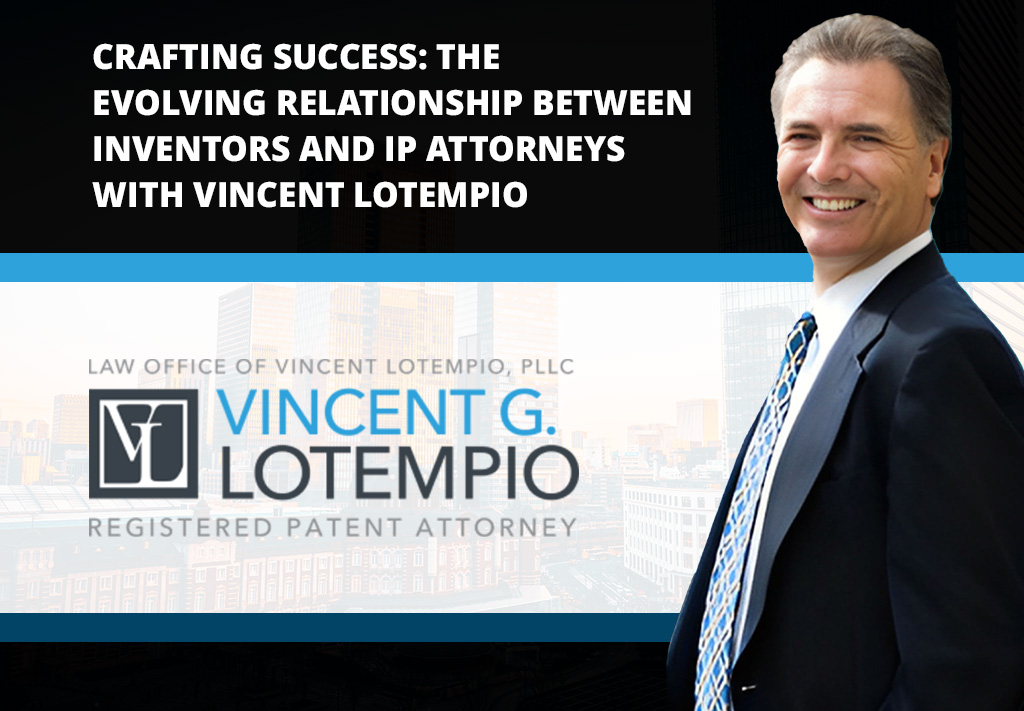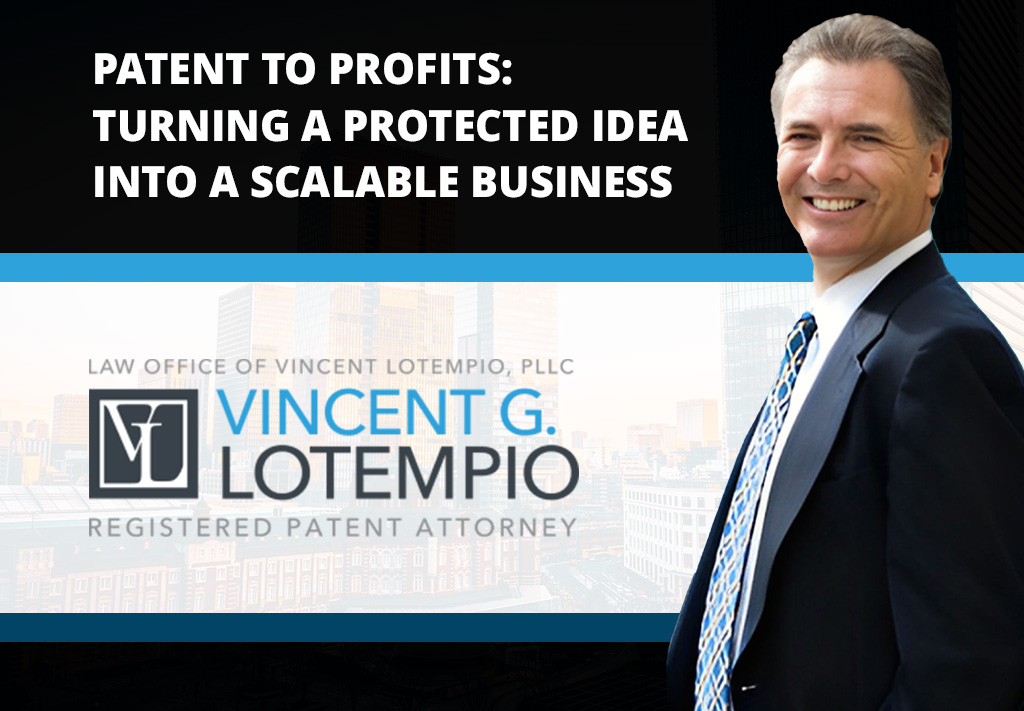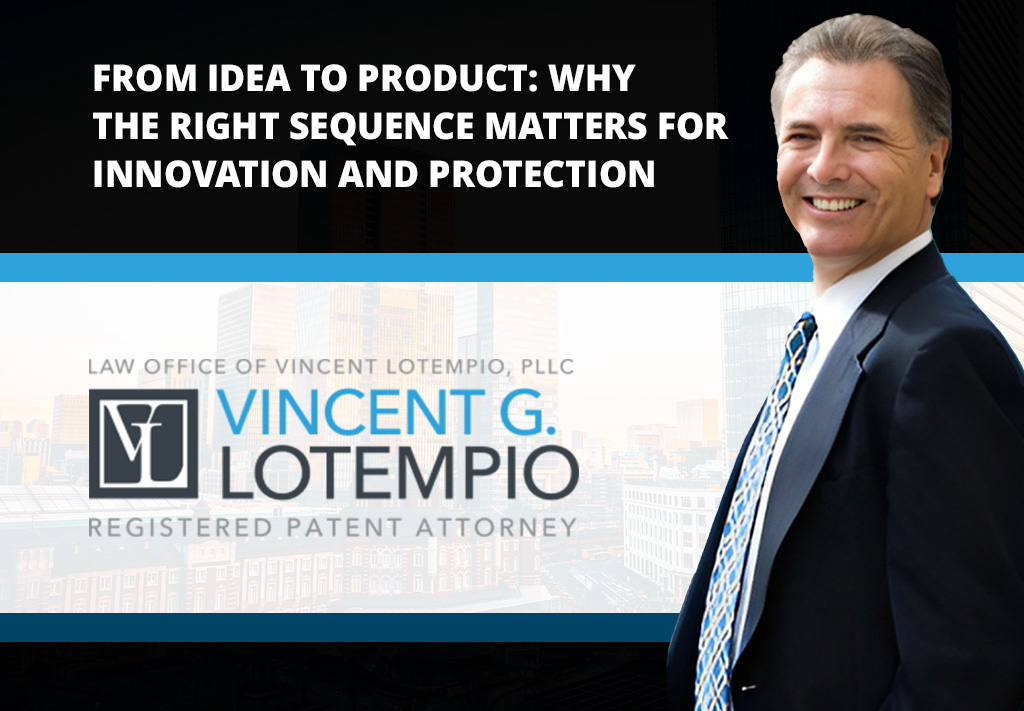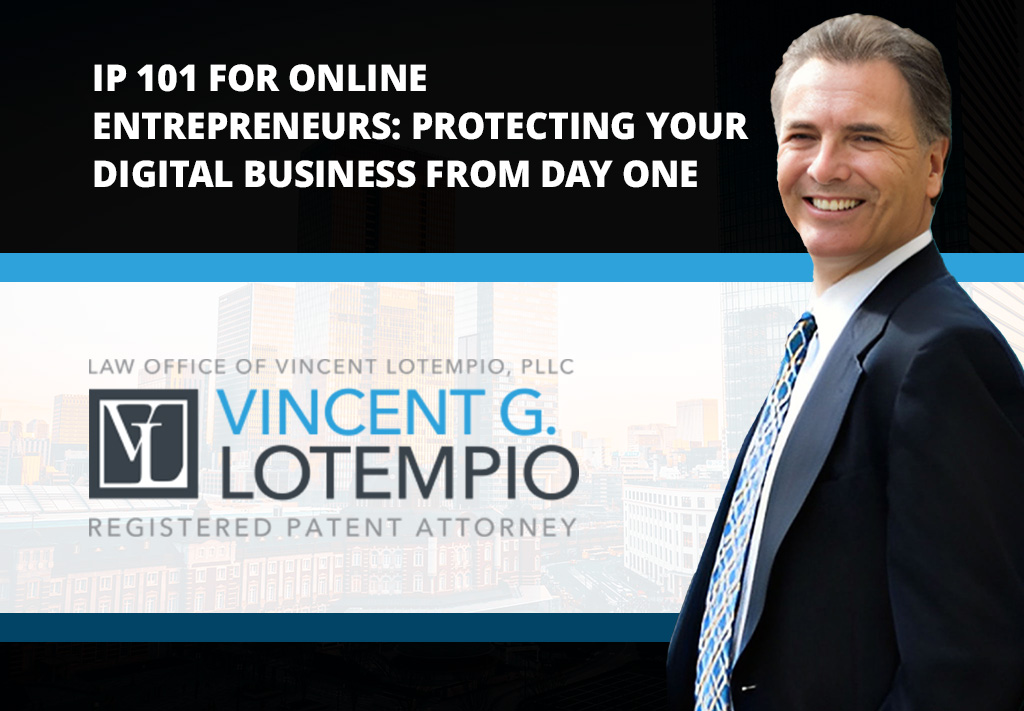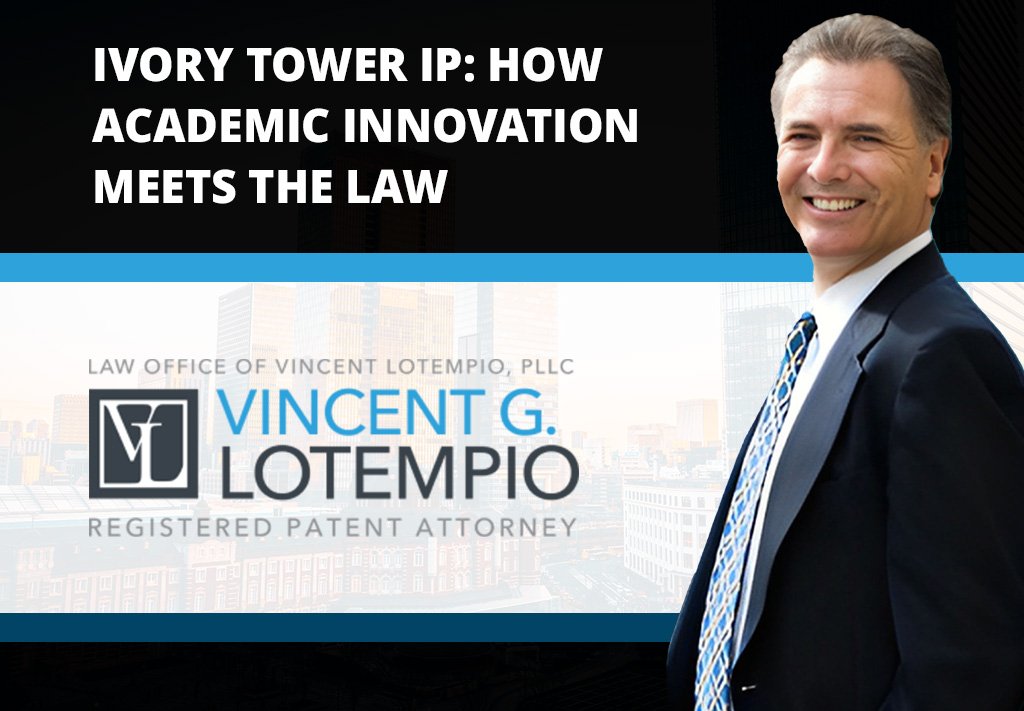IPhones, iPads, and Macbooks are some of the most popular products on today’s market. It would be pretty darn hard to walk down the street without seeing at least one of them. These products have gained world wide recognition and their key features have become iconic among public consumers. One of these key features include Siri, the voice command system on the iPhone, iPad, and many other Apple products.
Although Siri has been an integral part of Apple products for quite awhile, there are now allegations that Apple’s use of Siri in their products constitute patent infringement.
The Lawsuit.
Portal Communications, LLC, a Texas limited liability company (“Portal”) alleges that Apple infringed on three of their patents: U.S. patent no. 7,376,645 (the “‘645 patent”), U.S. patent no. 7,873,654 (the “‘654 patent”), and U.S. patent no. 8,150,872 (the “‘872 patent”). More specifically, the complaint alleges that Apple has infringed directly, jointly, and/or equivalently on all three of their patents by “making, offering for sale, and/or selling of computing devices, including mobile phones, smart watches, tablets, and/or other computing devices, which comprise Defendant’s “Siri” functionality, including related to voice-searching.” In essence, Portal alleges that Apple has used or incorporated technology into Siri’s voice command system that is the same or similar to technology that Portal has patented.
To read Portal’s Complaint, click here.
What is patent infringement?
Patent infringement is when one party, without authorization of the patent holder, makes, uses, sells, offers for sale, or imports an invention covered by the patent into the United States. As stated earlier, Portal has alleged that Apple has directly, jointly, and or equivalently infringed on their patents by making, using, selling, importing patented technology for Siri’s system. Although direct infringement, joint infringement, and infringement through the doctrine of equivalence would all amount to patent infringement, they differ as to the requirements to find infringement. Direct infringement and infringement under the doctrine of equivalence will be discussed.
Direct patent infringement.
There is direct or literal infringement when a party makes, uses, or sells a product or invention with all the elements of a patented invention. However, if the allegedly infringing device does not have all the elements of the patented invention, then there is no infringement. This can be problematic since potential infringers can avoid direct infringement by making an immaterial change to the accused device so it does not contain all the elements
What is the doctrine of equivalents?
Even if there is no direct infringement, parties can still infringe under the doctrine of equivalence. Some questions to ask in determining whether there is infringement under the doctrine of equivalence would be: Does the accused device perform substantially the same function as the patented invention? Does it perform the same function in the same or substantially similar way? Does the accused device do so to obtain the same result? Does the accused have elements that could be considered equivalents? These are just some questions to ask when performing analysis under the doctrine of equivalence.
Possibility of using inter partes review.
Patent litigation is an extremely costly and time consuming process. Patent infringement lawsuits will often cost the parties millions of dollars to resolve the issue. With patented technologies often producing millions for a company, there is a lot at stake. Seeing how patent litigation is so costly, parties have the alternative option to use a process called inter partes review (“IPR”) rather than try to take the case to trial.
What is inter partes review?
IPR is a new post grant proceeding introduced by the Leahy Smith America Invents Act (“AIA”). Basically, an IPR proceeding will review and assess the validity of the patent at issue. However, there are some limitations for when IPR can be initiated. IPR can only be used after 9 months after a patent issues. Moreover, the basis to challenge a patent under IPR is generally limited to novelty and non-obviousness grounds. Generally, IPR is much quicker process than litigation itself. Although IPR can still be a very costly process, it is still less expensive than litigation and has possibly saved parties and litigants thousands if not millions of dollars. Thus, it is a useful alternative when you’re hit with a patent infringement suit.
Is Apple going to use IPR?
Although this is pure speculation, I would say that Apple would use IPR to invalidate Portal’s patents. IPR would possibly give Apple the chance of invalidating Portal’s patent. Without a valid and enforceable patent, Portal will not be able bring the suit against apple. Invalidating the patent may save Apple millions of dollars, especially since they are a big well-known company that probably has other legal matters as well. If not, then the parties may settle rather than go to trial. Having a long, protracted lawsuit would not be in the best interests of either of the parties since it would not only be extremely costly, but stressful as well.
What do you think about the new lawsuit against Apple? Tell us with you think with a comment below!
Interested in more patent related stuff? Here’s a video!
Get Started Today!
Does this article interest you? Subscribe to the LoTempio Law email newsletter to receive posts and updates just like this conveniently in your email box!
If you’ve enjoyed this blog post, we have lots more where this came from, including an Inventors Guide Video Series where we help you turn your good idea into a profitable invention, and tons of other great content. Simply enter your email address and hit sign up and you’ll get everything, including blog posts like these, conveniently in your email box!
Have any questions? Give us a call at 1-800-866-0039. Consultations are FREE.
Disclaimer: This article is not intended to be legal advice and is meant to be for educational or entertainment purposes only. Please do not use the article or contents of the article without permission. For legal advice and questions, please contact registered Patent Attorney Vincent LoTempio.



